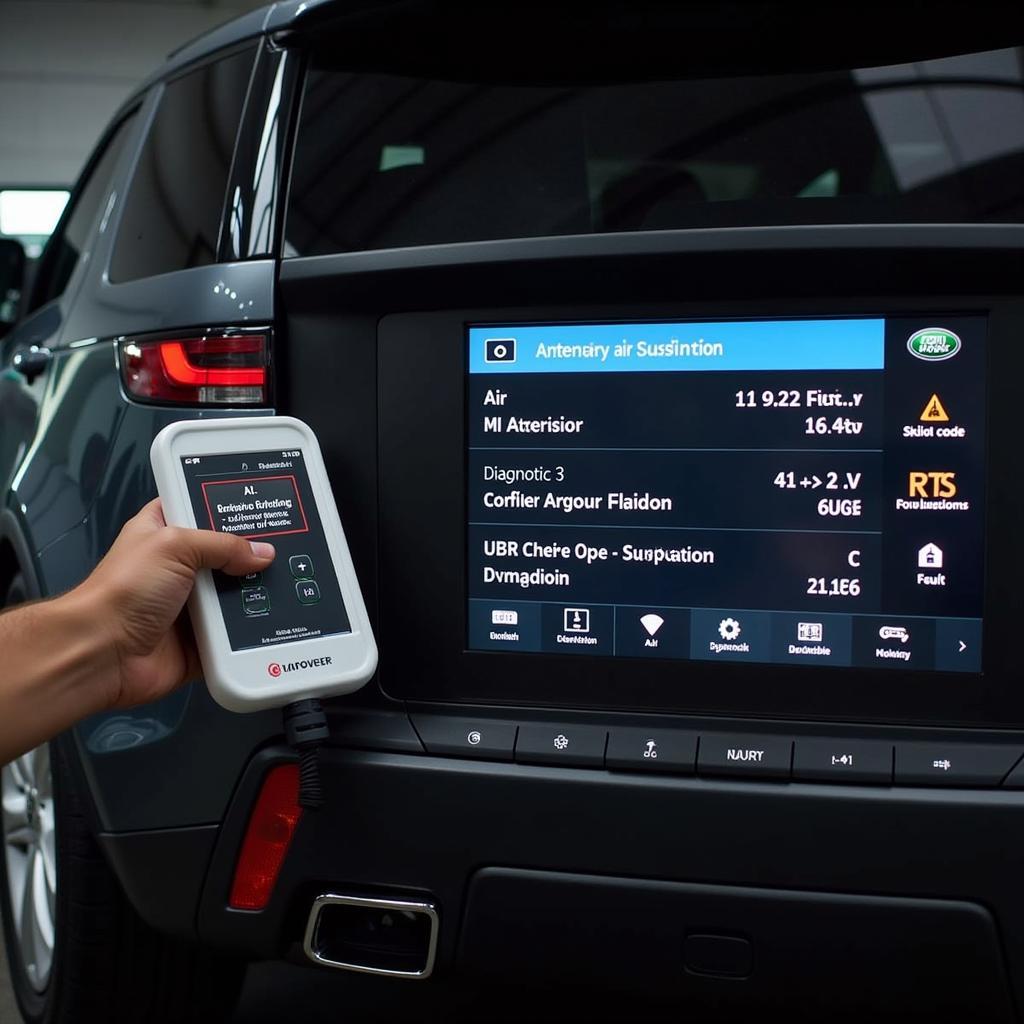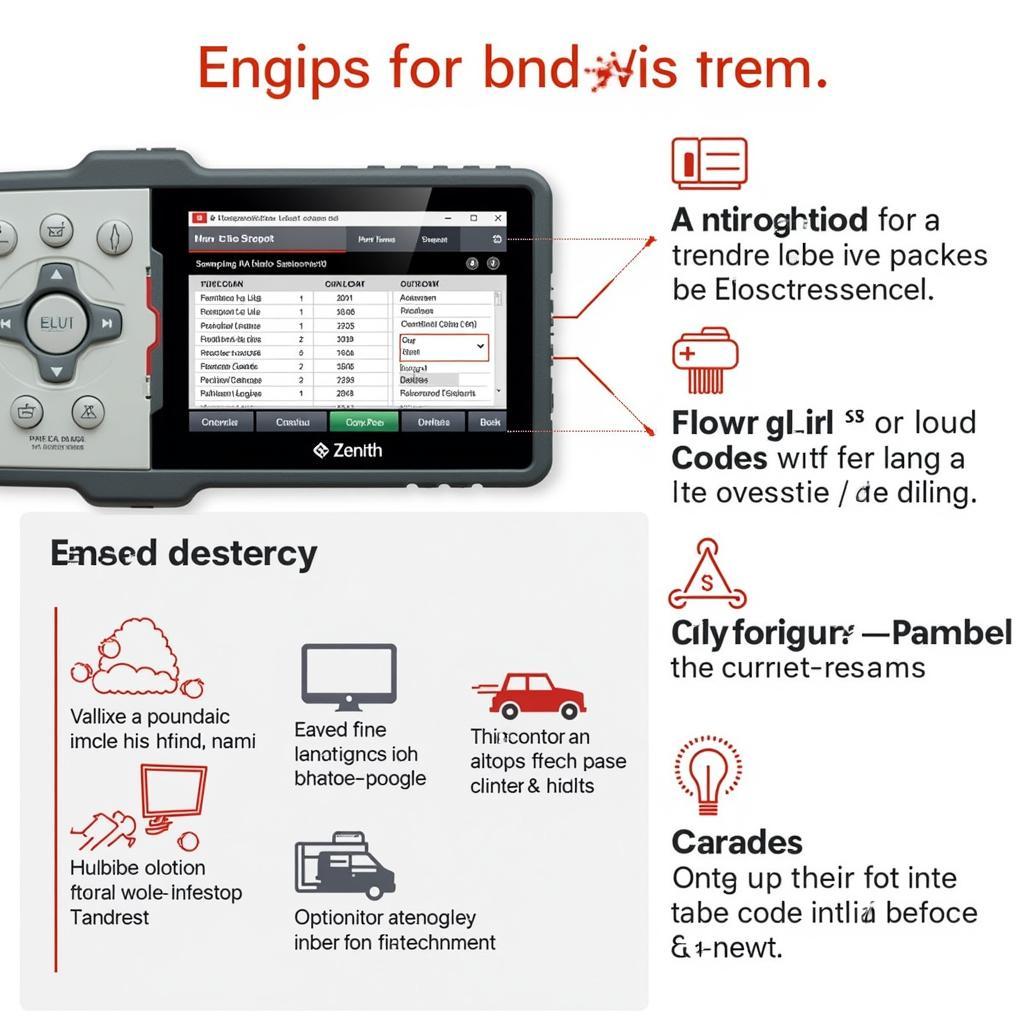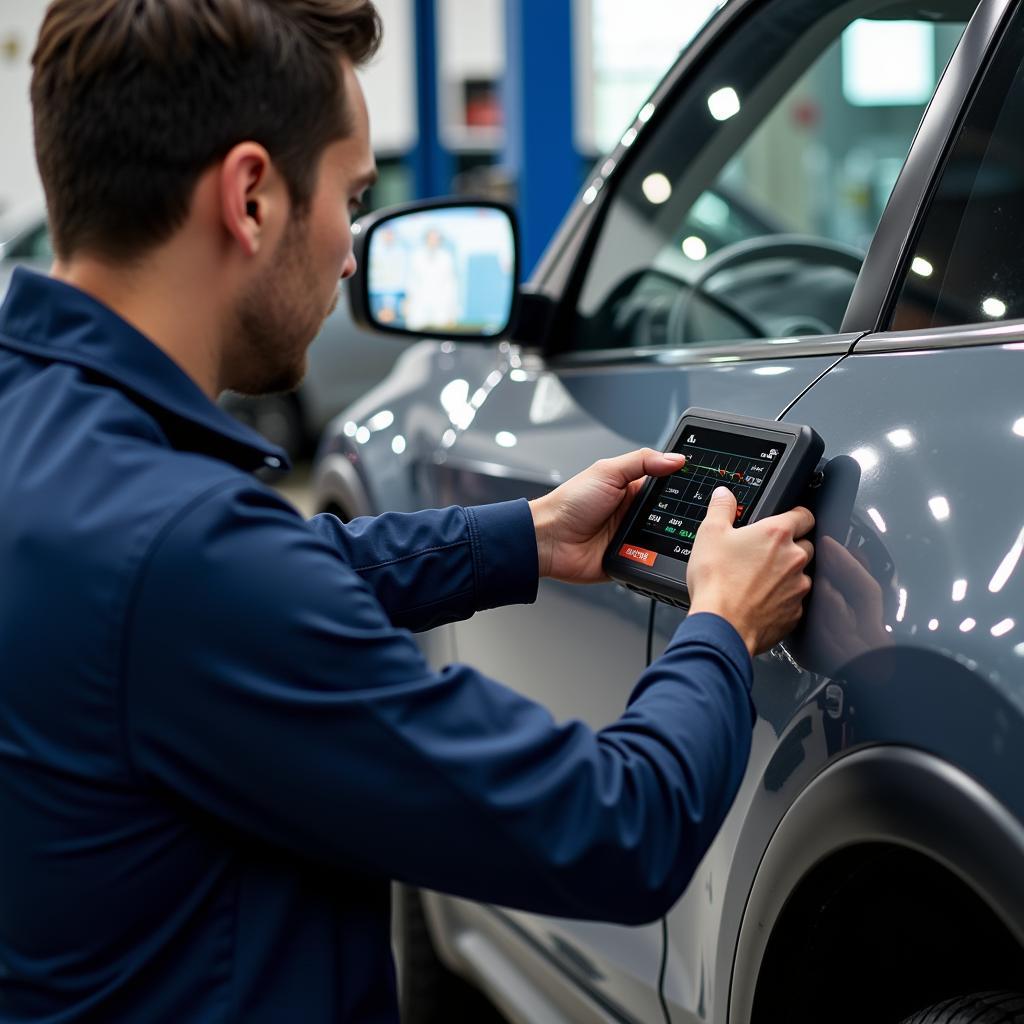Listeria Monocytogenes Diagnostic Tools are crucial for identifying this dangerous foodborne pathogen. Rapid and accurate detection is essential for preventing outbreaks and ensuring food safety. This guide explores the various methods used to detect Listeria, their advantages, and how they contribute to protecting public health.
Understanding the Need for Listeria Monocytogenes Diagnostic Tools
Listeria monocytogenes can cause severe illness, particularly in vulnerable populations like pregnant women, newborns, the elderly, and individuals with weakened immune systems. Early detection is key to effective treatment and preventing further spread. Therefore, reliable diagnostic tools are essential in various settings, including food processing facilities, clinical laboratories, and research institutions.
Traditional Methods for Detecting Listeria
Traditional culture-based methods have long been the gold standard for Listeria detection. These methods involve enriching the sample in selective media to promote Listeria growth, followed by isolation and biochemical identification. While these methods are highly sensitive and specific, they are time-consuming, often taking several days to yield results.
Rapid Listeria Monocytogenes Diagnostic Tools: Revolutionizing Detection
The need for faster results has driven the development of rapid diagnostic tools. These methods, including PCR-based assays, immunoassays, and biosensors, offer significant advantages in terms of speed and efficiency. They can detect Listeria within hours, enabling quicker intervention and preventing large-scale outbreaks.
PCR-Based Assays for Listeria Detection
Polymerase Chain Reaction (PCR) assays amplify specific DNA sequences unique to Listeria monocytogenes, providing rapid and sensitive detection. Real-time PCR can even quantify the amount of Listeria present in a sample. These methods are particularly useful for screening large numbers of samples quickly.
Immunoassays for Listeria Detection
Immunoassays utilize antibodies to detect specific Listeria antigens. These methods are relatively simple to perform and can be used for both qualitative and quantitative detection. Lateral flow assays, a type of immunoassay, offer rapid on-site testing capabilities, making them ideal for food processing environments.
Ensuring Food Safety with Listeria Monocytogenes Diagnostic Tools
Listeria monocytogenes diagnostic tools are indispensable for ensuring food safety. By enabling rapid and accurate detection of this pathogen, these tools empower food producers to implement effective control measures, preventing contamination and protecting consumers.
Choosing the Right Listeria Monocytogenes Diagnostic Tool
Selecting the appropriate diagnostic tool depends on factors like the type of sample, the required sensitivity and specificity, and the available resources. Food processors might prefer rapid on-site tests, while clinical laboratories might opt for more sophisticated methods like PCR or whole-genome sequencing.
The Future of Listeria Monocytogenes Diagnostic Tools
The field of Listeria diagnostics continues to evolve, with ongoing research focused on developing even faster, more sensitive, and more cost-effective methods. These advancements will further enhance our ability to detect and control this important foodborne pathogen, ultimately contributing to a safer food supply.
“Rapid diagnostic tools are game-changers in the fight against Listeria. They empower us to act swiftly, preventing outbreaks and protecting public health,” says Dr. Emily Carter, a leading food safety expert.
Conclusion: The Importance of Listeria Monocytogenes Diagnostic Tools
Listeria monocytogenes diagnostic tools play a vital role in safeguarding public health and ensuring food safety. From traditional culture methods to cutting-edge rapid tests, these tools are essential for detecting and controlling this dangerous pathogen. By understanding the various methods available and choosing the right tool for the job, we can effectively combat Listeria and protect consumers from its harmful effects. For expert advice and assistance with your automotive diagnostic needs, connect with ScanToolUS at +1 (641) 206-8880 or visit our office at 1615 S Laramie Ave, Cicero, IL 60804, USA.
“Investing in reliable Listeria monocytogenes diagnostic tools is not just a good practice; it’s a necessity for any business involved in food production,” adds Michael Johnson, a seasoned food safety consultant.



